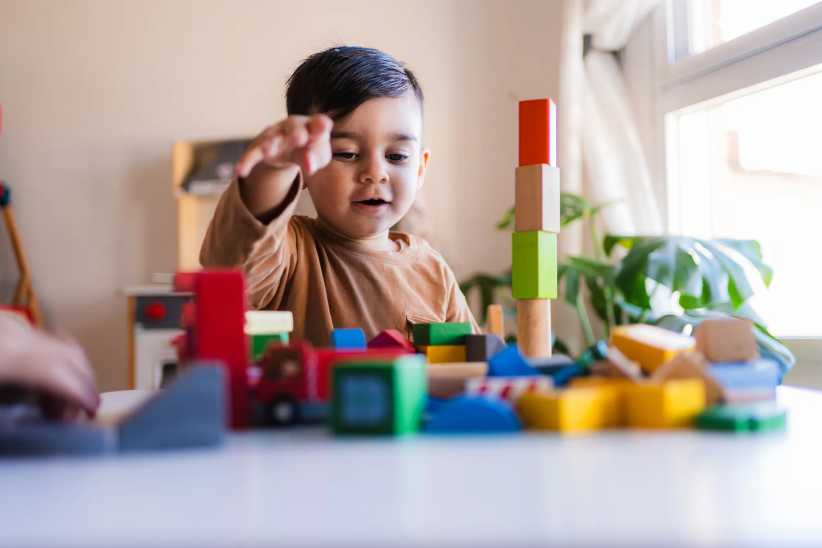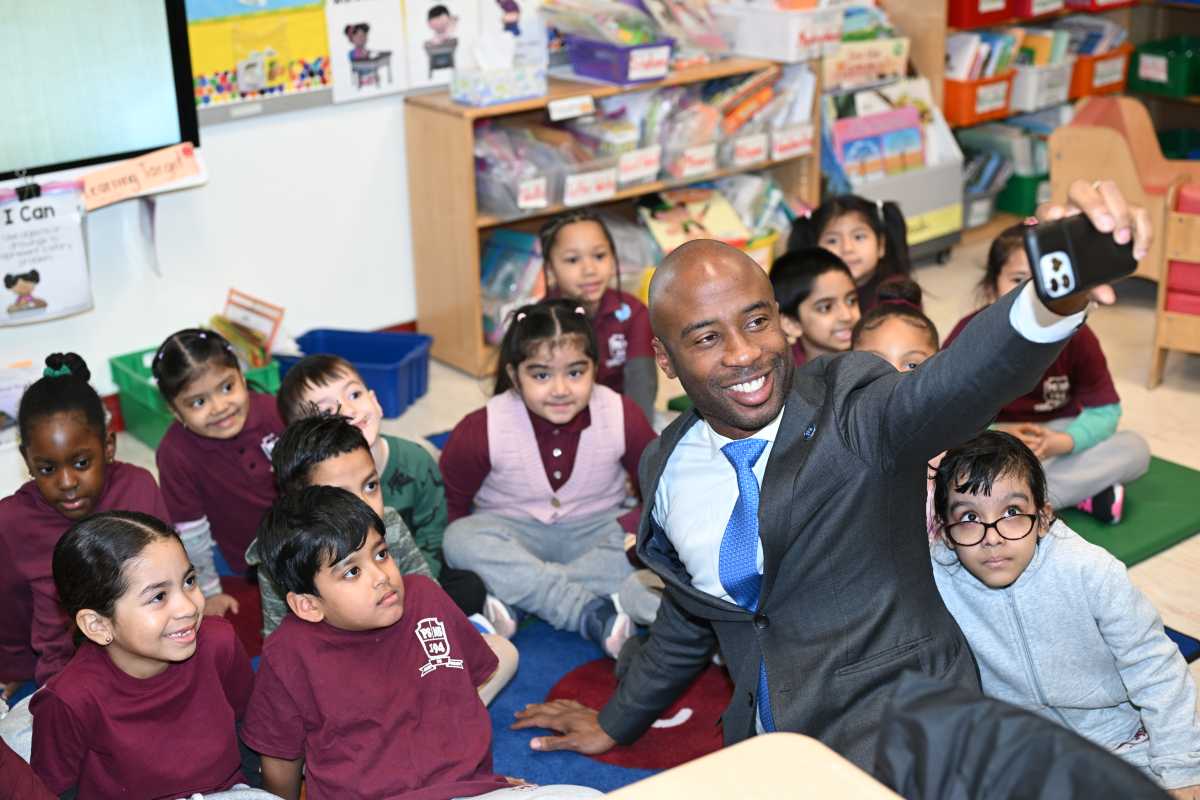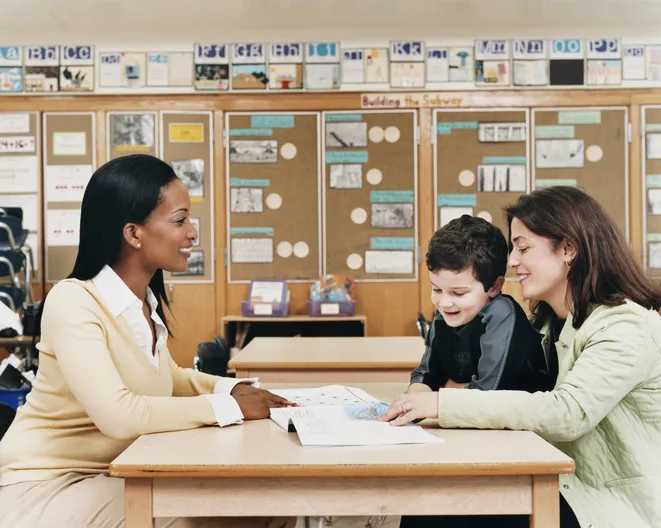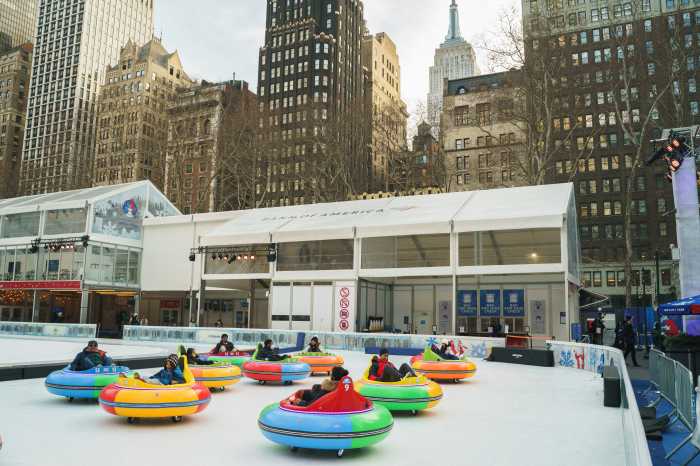Bilingual early education programs are becoming increasingly widespread in New York, as parents seek to capitalize on their intellectual benefits. We spoke with experts from two of the city’s leading programs to learn more about the benefits, misconceptions, and logistics of bilingual instruction. Sharon Huang is the founder of the pre-K-5 HudsonWay Immersion School (formerly Bilingual Buds), which offers a full immersion program in Mandarin for 2-year-olds, and 80 percent instruction in the second language for grades K-2. Nancy Schulman is head of the Early Learning Center at Avenues: The World School, where students start Spanish or Mandarin from age 3, and receive 50 percent of their instruction in the second language through grade 4.
What’s primarily motivating the growing interest in early language education: Is it parents wanting to prepare their children for a future in which the world is more and more inter-connected, or to provide their children with the intellectual and cultural benefits of growing up bilingual?
Nancy Schulman: I would say that both of these factors are equally motivating.
Sharon Huang: It varies… Those who work in business may want their children to be multilingual for more career opportunities. Those in academia and who have researched brain development know that immersion develops children who are smarter and can think critically. Others who are culturally diverse want their children to be able to view the world from at least two different lenses, because it makes them a broader thinker. Finally, those who have a connection [to another language] through heritage may want their children to be able to use language to speak with family members and have a deeper understanding of their culture.
Even though many children (and especially children of immigrants) have been growing up bilingual forever, I know that some parents are a bit intimidated by the proposition. So what’s it like to be in a bilingual nursery program, and what are some of the big misconceptions that parents have?
NS: A couple of misconceptions parents have are that a child or family has to already have second language experience, that children will fall behind in English language areas, and that parents will not be able to support their child’s learning if they don’t speak the language.
SH: We see young English-speaking monolingual children (many as young as 2) transition very easily into our full Mandarin immersion environment. Parents sometimes fear that having all the instruction 100 percent in Mandarin will be too intimidating or too difficult, when in fact at this age—because the brain is naturally wired to acquire language—the learning process comes very naturally… Exposure to a second language stretches their brains in ways that monolingual children do not experience. Another misconception parents have is that their children will fall behind in knowledge of English and be at a disadvantage applying to Kindergarten. In fact, research supports the opposite to be true, since skills and content from one language are transferable to another.
In your respective schools’ particular approaches, what does immersion look like? Teaching-wise, how does one alternate between the languages, if at all? Why do you take this approach?
SH: We have based our model on the learnings and research of other successful immersion programs. We teach English language arts daily, and every other week we also teach math in English. The rest of the subjects…are all taught in Mandarin. The fact that students stay longer in the target language forces the brain to work in that language, thus creating the “cognitive stretch” that creates faster and more accurate brains.
NS: Alternating days are spent in English and immersion…When they are in the immersion classroom, the teachers are speaking to the children in either Spanish or Chinese. The teachers use games, songs, visuals, and body language and gestures to make the language comprehensible. [Students] are not being taught the language but are being taught “in” the language.
To learn more about the HudsonWay Immersion School, visit hwis.org; and to learn more about Avenues: The World School, visit avenues.org.













